Newborn babies are tiny bundles of joy with delicate skin and new immune systems. No wonder parents want to do everything they can to keep them healthy. Hand hygiene is one of the simplest and best ways to achieve this.
Think of germs like tiny hitchhikers catching a ride on our hands from surfaces we touch throughout the day. These germs can then be transferred to your newborn, potentially causing illnesses like colds, diarrhea, and even more severe infections. But fear not, parents! Incorporating proper handwashing techniques into your daily routine is known to reduce the risk of your little one getting sick significantly.
Why is Handwashing So Important for Newborns?
Newborns have immature immune systems, meaning their bodies are still developing the ability to fight off infections. This makes them particularly vulnerable to germs that adults might easily shrug off.
Handwashing 101: Your Essential Guide
So, how do you wash those hands effectively? Here’s a step-by-step guide:
- Wet your hands with clean water (warm or cold is fine).
- Apply enough soap to create a lather. Antibacterial soap isn’t necessary – plain soap works just as well.
- Scrub your hands for at least 20 seconds. Think of singing “Happy Birthday” twice to make sure you scrub long enough. Don’t forget your fingertips, under your nails, and between your fingers.
- Rinse your hands thoroughly under clean water.
- Dry your hands completely with a clean towel or paper towel. Damp hands are more likely to harbor germs.
When to Wash Your Hands
Here are some key times to wash your hands before and after interacting with your newborn:
- Before: Changing diapers, feeding, holding, touching their umbilical cord area, taking their temperature, or administering any medication.
- After: Blowing your nose, coughing, sneezing, using the restroom, touching surfaces outside the home (door handles, shopping carts, etc.), handling garbage, or cleaning up after a pet.
- Visitors should also wash their hands before holding your baby.
Things to Avoid
- Don’t rely on hand sanitizer alone, especially for diaper changes. Soap and water are better at removing germs.
- Don’t use harsh soaps or antibacterial products on your newborn’s skin. These can dry out their delicate skin.
- Avoid exposing your newborn to people who are sick.
Making Handwashing a Habit
- Keep a handwashing station near your diaper changing area and sink. Stock it with soap, an alcohol-based hand sanitizer dispenser (for quick cleaning on the go), and paper towels.
- Make hand washing fun! Sing songs with your baby while you wash your hands, or create a little handwashing dance routine.
- Be a role model. Wash your hands frequently in front of your baby so they learn the importance of good hygiene from an early age.
Conclusion
By making hand washing a priority, you’re protecting your baby, yourself, and other family members from illness. This simple habit is known to significantly reduce the spread of germs throughout your household, leading to a healthier, happier environment for everyone.
Remember, new parents, you’re doing a great job! Incorporating these hand-washing tips into your daily routine gives your precious newborn the best chance at a healthy start in life.
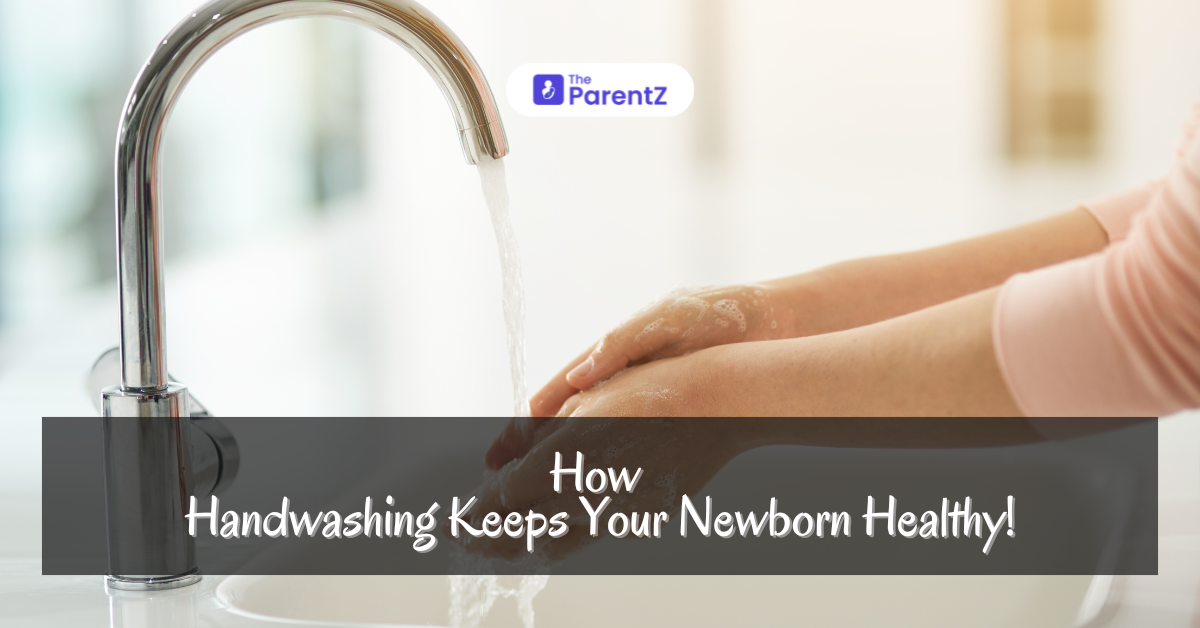


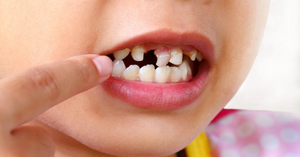
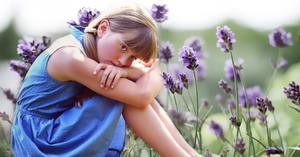
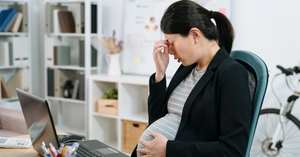
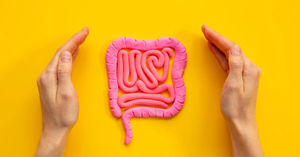
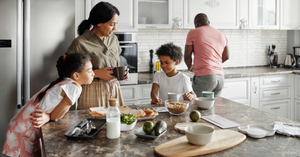
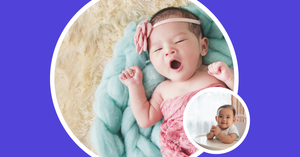
Be the first one to comment on this story.